
The following is a guest post from Susan Hash, Editor of Contact Center Pipeline.
Every contact center leader understands the link between employee engagement and customer satisfaction. In centers that pride themselves on maintaining high levels of engagement, common themes include clear, frequent communication from leaders about goals and expectations, active involvement in process changes and being empowered to do the job.
How do you cultivate a customer-centric mindset among frontline employees? The following are proven practices that have appeared in the pages of Contact Center Pipeline over the years.
Give Agents a Closer View of the Customer
Frontline contact center staff may be in contact with customers every day, but that doesn’t necessarily mean that they know what the customer is experiencing. Some companies help to provide agents with that perspective by allowing them to accompany sales staff on customer site visits. Agents get a chance to see what happens on the customer’s end—how customers are using the company’s products and what issues they might be experiencing—to gain a better understanding of their perspective.
This is a practice that can work for centers in a variety of sectors. As Jay Minnucci, founder of contact center consulting firm Service Agility, points out: “If you have retail stores, agents should have a chance to work in them. If you have focus groups with customers, agents should have the opportunity to be involved (even if only observing). If you have a product or service that a consumer can use, every agent should get it for free (or at least at reduced cost). For the relatively minor expense of some time off the phone, the payback is more compassion, greater understanding and a higher level of engagement.”
At Memorial Health System, employees attend empathy training that explains the different types of patients that staff will come into contact with, their specific health issues and what they may be experiencing. Managers reinforce the training by posting “empathy boards” in all of the backstage areas, like break rooms and storage areas. The empathy boards include photos of a patient type discussed in training (but not an actual patient), along with key points about their situations. It serves as an ongoing reminder of the patient’s voice.
Transparent Communication Builds Trust
Having open discussions about the organization’s goals and the ROI associated with the customer experience is an effective way to help frontline staff understand the impact their work has on the company’s success. Jon Koelling, director of customer care at Intuit, says that clear and meaningful communication is an essential activity in his center. The organization’s goals and progress toward those goals is discussed in quarterly touchpoint meetings, as well as in traditional team meetings, via email updates and during biweekly pre-shift meetings.
Ask for Their Feedback
Engagement tends to be high in centers where frontline staff’s opinion and feedback is valued. Take Nicor National, for example, where management places a priority on frequently soliciting employee feedback.
To keep a pulse on the workplace mood and the impact of management decisions on the culture, Nicor National implemented a Voice of Employee (VOE) program, which uses online VOE tools to collect unsolicited questions, suggestions and concerns from staff. Employees can log into the tool whenever they want to ask a question, make a suggestion, offer a comment or bring up a concern. They can also take an online survey that asks for their feedback to statements like: “Nicor National values my relationship”; “The company really cares about me”; and “The company invests in my success.”
On a monthly basis, the company also conducts a benchmarking survey using the VOE tool. In addition, culture surveys, or “pulse checks,” are sent out to random groups of employees on a regular basis. Their responses make up an employee engagement index, which is tracked on a weekly and monthly basis to help management to identify trends.
Face-to-face time with employees is also important. Management firmly believes that personal contact and involvement provides a complete culture, and employee feedback is collected through monthly roundtables and daily management walkarounds.
At SciQuest, an initiative called “the buddy system,” pairs product development professionals with customer support reps for new product releases. As the product development team goes through the process of designing and developing new features, they get feedback from the CSR on how customers might view the functionality, or to identify any gaps that might cause issues with particular customer configurations or the way that they use the application.
Involve them in the Processes
There is nothing more frustrating and demotivating than working in an environment where you have no input into how your work is done. Agent councils are an effective way to get frontline staff involved in process improvement. Typically, agent councils meet as a group to discuss the items that they want to present to the contact center leader. They then form subcommittees to oversee those issues and report on progress to the council and to the leadership team.
Agent councils at Comerica have tackled issues like attendance policies, agent motivation, call center production goals and incentives. A bonus: When agents take on a self-governing role, they become more aware of how the business operates and the reasons behind certain decisions and policies.
Show Appreciation
Taking the time to show frontline agents how much they’re valued is a critical role for the center management team—or should be. Jill Houghland, Senior Operations Manager at InterCall, points out that management can’t always impact significant daily change on agents’ pay or time off, so they need to find different ways to show appreciation. Besides collecting their feedback through various methods and making them feel like they’re a part of the process, “We also bring them in for brown-bag lunches and have conversations to understand what they go through on a daily basis, and what ideas they have that we might be able to implement to make their jobs easier,” she says.
Practical pointer: Make sure that your team huddles don’t focus solely on updates and changes. End on a positive note by asking agents what went well on the previous shift and why, what they were proudest of that day or week—emphasize the things that are going well.
For more information on Contact Center Pipeline, visit their website.
























































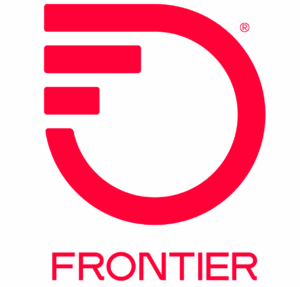







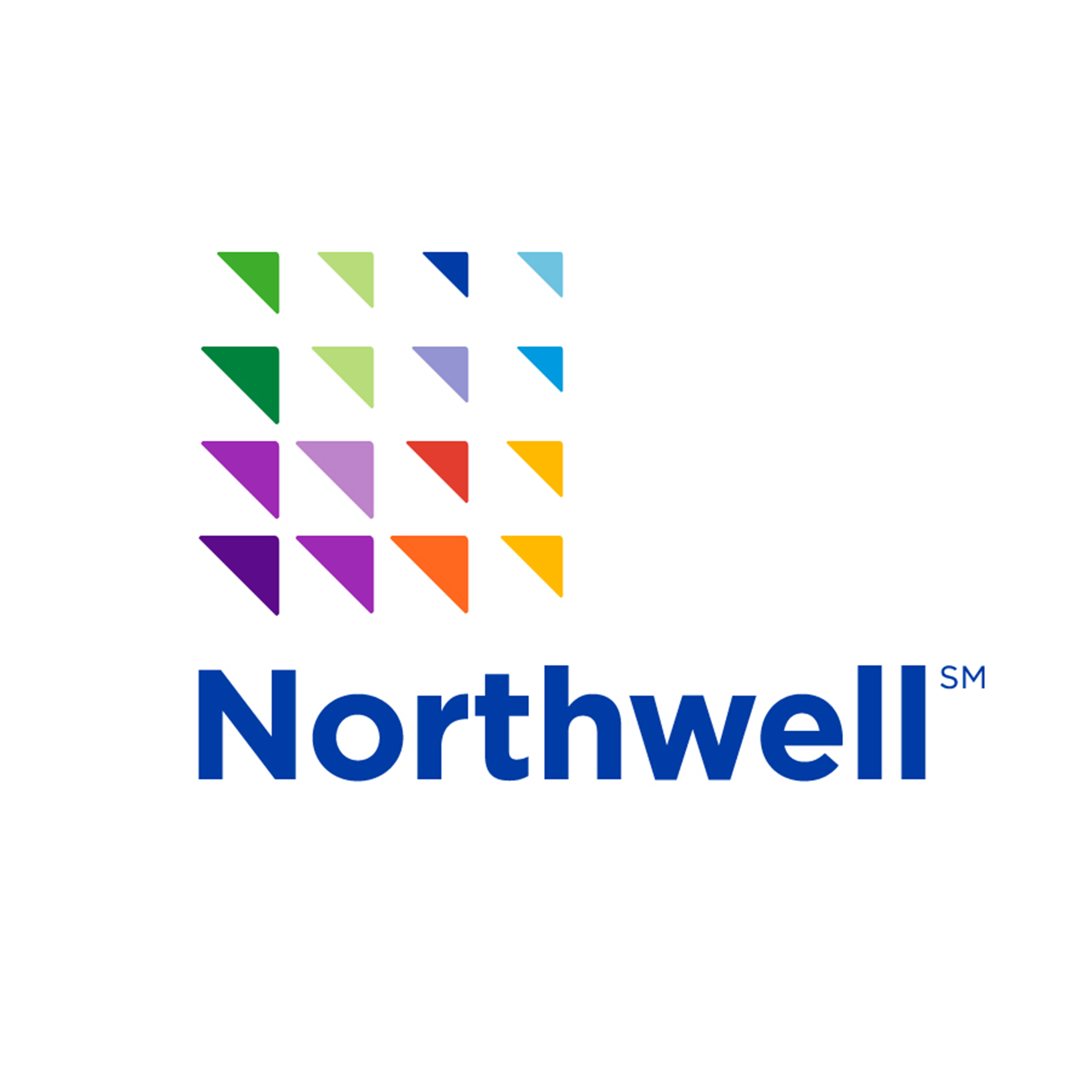















































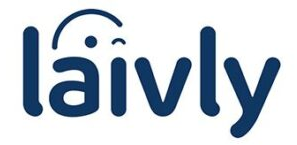



 TELUS Digital
TELUS Digital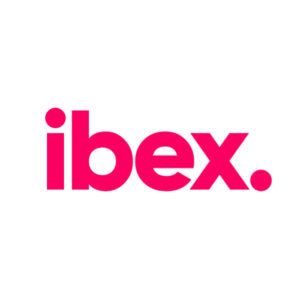 ibex delivers innovative BPO, smart digital marketing, online acquisition technology, and end-to-end customer engagement solutions to help companies acquire, engage and retain customers. ibex leverages its diverse global team and industry-leading technology, including its AI-powered ibex Wave iX solutions suite, to drive superior CX for top brands across retail, e-commerce, healthcare, fintech, utilities and logistics.
ibex delivers innovative BPO, smart digital marketing, online acquisition technology, and end-to-end customer engagement solutions to help companies acquire, engage and retain customers. ibex leverages its diverse global team and industry-leading technology, including its AI-powered ibex Wave iX solutions suite, to drive superior CX for top brands across retail, e-commerce, healthcare, fintech, utilities and logistics.



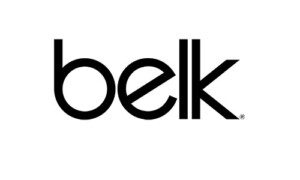


















 Trista Miller
Trista Miller



























